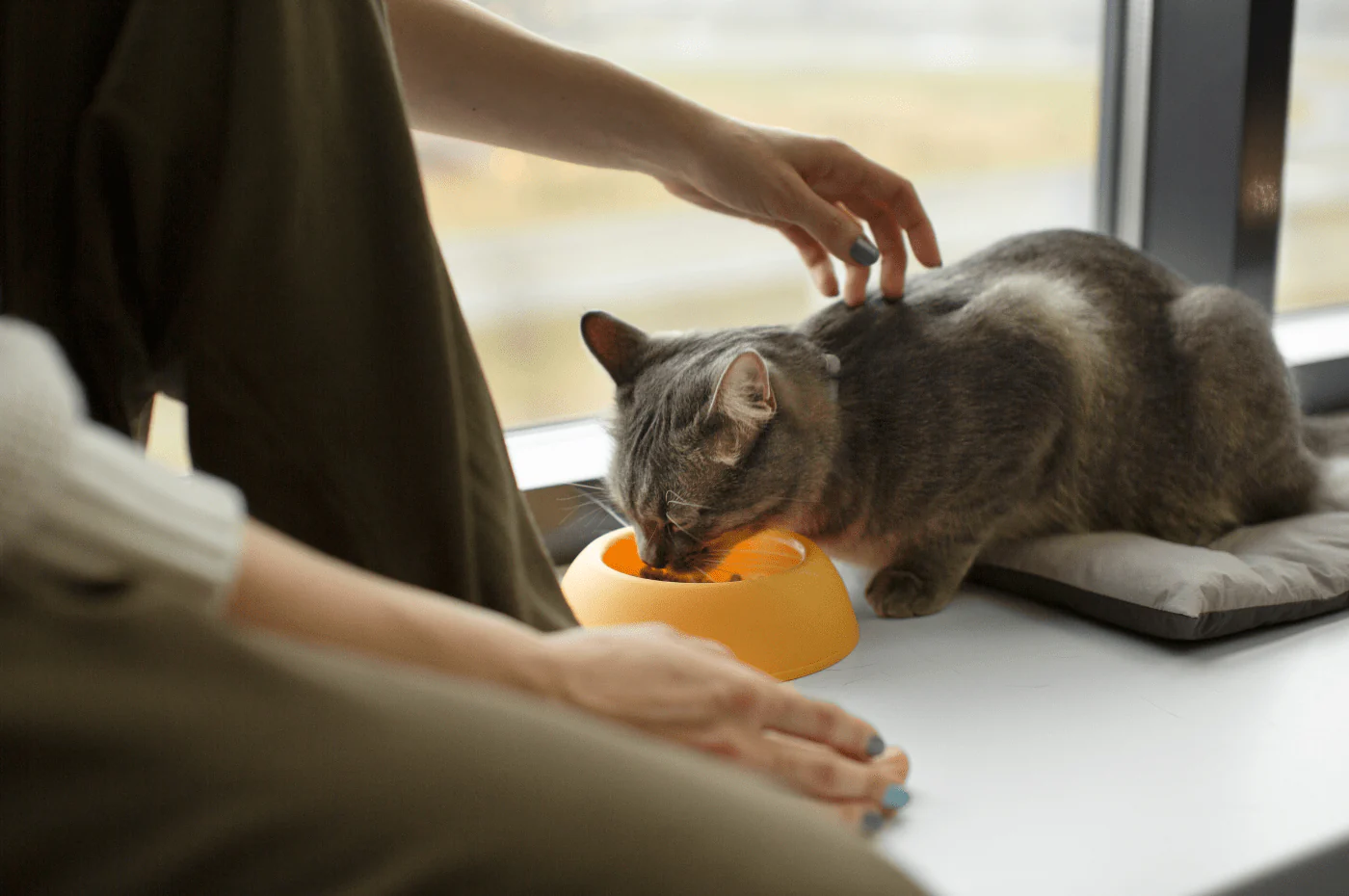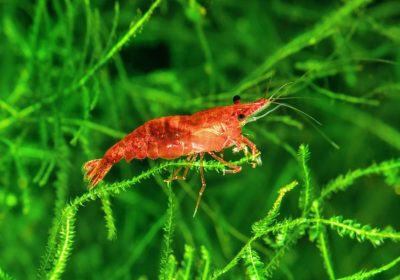
Understanding CBD Dosage for Cats: Vet Advice and Guidelines
As CBD oil continues to grow in popularity for both human and animal wellness, many UK cat owners are exploring its potential to support feline health. Whether it’s for anxiety, arthritis, or chronic pain, vets are beginning to integrate CBD into care plans — but dosage remains one of the most critical and misunderstood aspects of this process.
Giving your cat the right amount of CBD isn’t as simple as following a label — especially because, in the UK, no CBD products are officially licensed for animal use. Instead, dosage decisions must be made in collaboration with your vet, following a careful and conservative approach.
Why CBD Dosage Is So Important for Cats
Cats are highly sensitive to both medications and supplements, and their smaller body size makes correct dosing essential. Too much CBD may cause side effects like drowsiness, digestive upset, or changes in appetite. Too little, and the therapeutic benefits may not be noticeable.
Moreover, THC — a psychoactive component found in some CBD products — is toxic to cats, which is why only THC-free (broad-spectrum or isolate) products should ever be considered.
What Do Vets Recommend?
In the UK, vets who advise on CBD for cats typically follow a cautious, evidence-informed approach. One commonly cited guideline is:
1 to 2 mg of CBD per kg of body weight per day, often split into two doses.
For example, a 4 kg (8.8 lb) cat might start with 4 mg of CBD per day, given as 2 mg in the morning and 2 mg in the evening.
This baseline can be adjusted depending on the cat’s response, condition, and overall sensitivity. Some studies in dogs and cats have tested higher ranges (up to 4–8 mg/kg), but vets almost always start low and increase slowly, if needed.
Choosing the Right Product
Because UK law does not permit over-the-counter pet-specific CBD products, vets generally recommend human-grade, THC-free oils that are safe for feline use.
Key features to look for:
- 0% THC (broad-spectrum or isolate only)
- Lab-tested with published COAs
- Mild carrier oils, such as MCT or salmon oil, for easy digestion
- Accurate dosing tools, like a dropper with marked measurements
One product often discussed in veterinary circles is this CBD Oil for Cats — a human-grade formula with no THC, blended with cat-friendly fish oil and backed by third-party lab results.
How to Administer CBD to Your Cat
Cats can be picky, so giving them CBD requires a little creativity. Options include:
- Mixing it with food or treats
- Adding it to a lickable paste or broth
- Applying directly into the mouth (if the cat tolerates it)
Always monitor your cat closely after starting CBD, noting changes in behavior, appetite, or mobility. Regular check-ins with your vet will help assess whether dosage adjustments are needed.
Legal Note for UK Pet Owners
In the UK, CBD is considered a veterinary medicine when used in animals. This means:
- Only a vet can legally recommend or prescribe a CBD product for your cat.
- You cannot legally buy or administer CBD marketed for pets without veterinary oversight.
- Reputable suppliers will not label products “for pets” — instead, vets prescribe safe, human-labelled options under the “prescribing cascade.”
For this reason, always consult your vet before starting any CBD regimen for your cat.
Final Thoughts
CBD can be a helpful tool in supporting feline health, but proper dosage is essential to safety and success. Work closely with your vet, choose trusted THC-free products, and start with a low, carefully monitored dose.

















